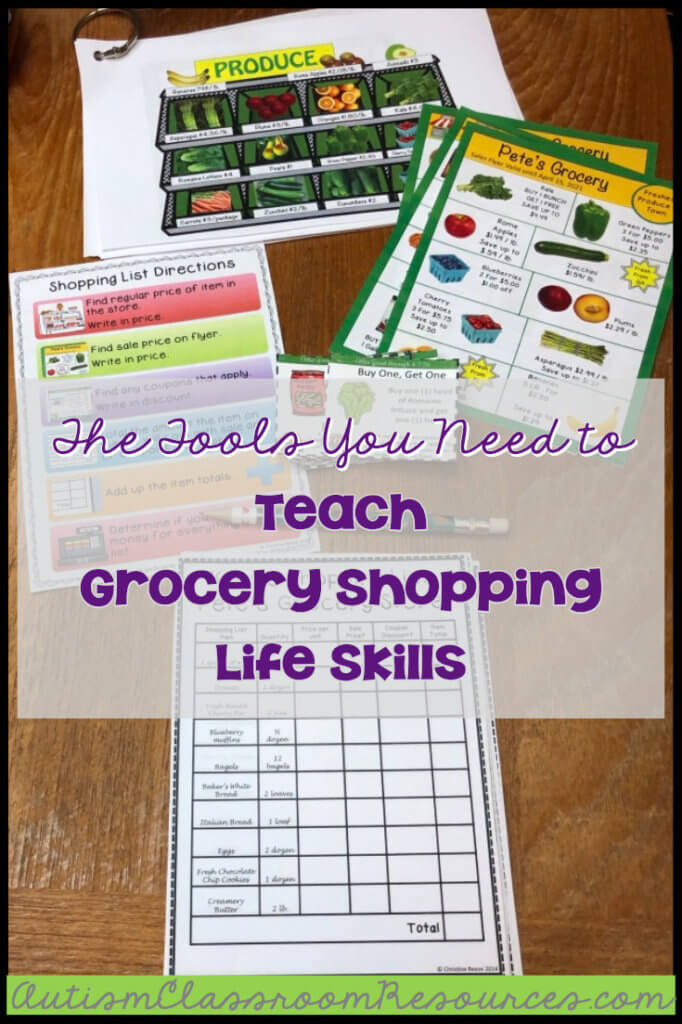Life skills include self care skills such as eating dressing and bathing as well as other daily living skills like shopping banking phone use and housekeeping.
Functional life skills curriculum interventions for youth with disabilities.
The authors concluded that there was tentative support for the efficacy of using functional life skills curricular interventions across educational environments disability types ages and gender in promoting positive transition related outcomes in youths with disabilities.
The best way to develop life skills is to practice and repeat them.
The assessment of functional living skills afls is a criterion referenced skills assessment tool tracking system and curriculum guide.
The relationship between functional or life skills curricula the intervention and transition related outcomes for secondary aged youth with disabilities is explored in this systematic review.
Unlike other children students with disabilities often require an education that goes beyond the basic subjects that state standards require.
Create scenarios that involve paying the mortgage or rent utility bills and dealing with banks by doing things like writing checks.
While academics such as math and reading are part.
Set up a financial program.
Help students to create a complete financial profile.
A multielement design was used to compare the effects of two educational conditions academic skills instruction.
The authors cautious conclusions represented the evidence presented but given the predominance of single participant.
The field of special education has begun to concentrate its efforts on developing objectives and procedural strategies that promote a positive quality of life for students with profound multiple disabilities while determining which educational strategies are the most appropriate.
Here are some techniques and strategies used for teaching life skills to people with intellectual disabilities.
The relationship between functional or life skills curricula the intervention and transition related outcomes for secondary aged youth with disabilities is explored in this systematic review.
Teaching functional skills will look very differently depending on the age and level of function of the students.
Afls is the most versatile assessment system available and offers learners a.
Being independent in these skills enables a person to live independently.
With young students with disabilities it is really a matter of creating structure for acquiring those skills not that long after their typical peers.
From the moment we wake in the morning we go through certain tasks known as life skills these tasks could include typical activities such as making the bed performing bathroom routines getting dressed making meals communicating and so many others.
Role playing gives students a chance to act out scenarios that they may encounter in real life.










